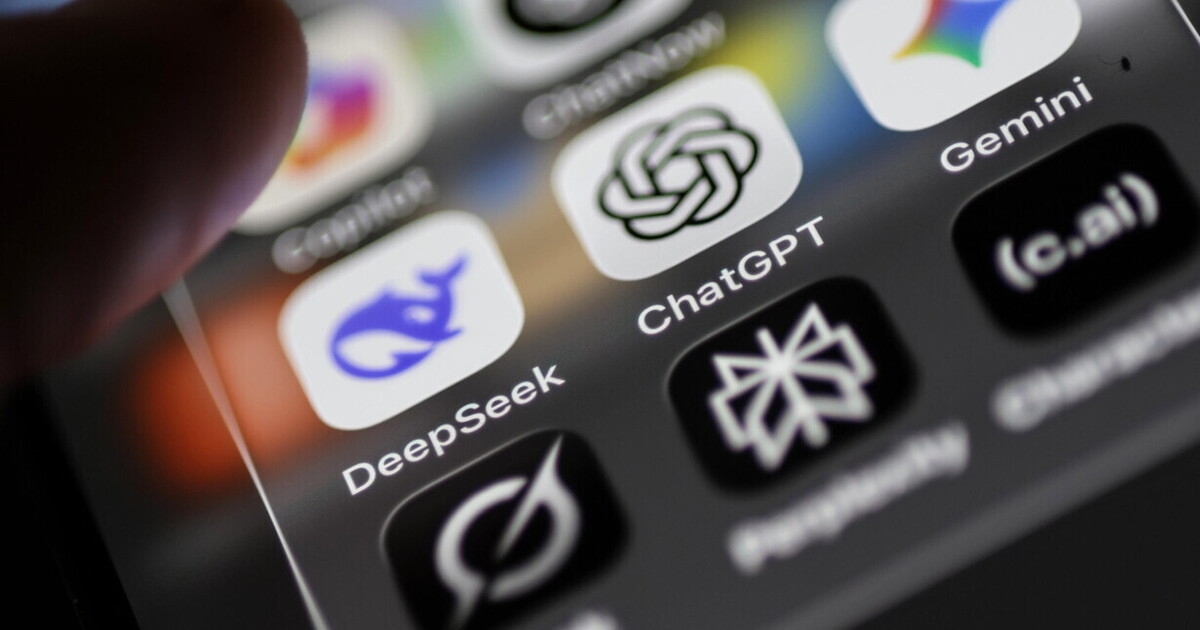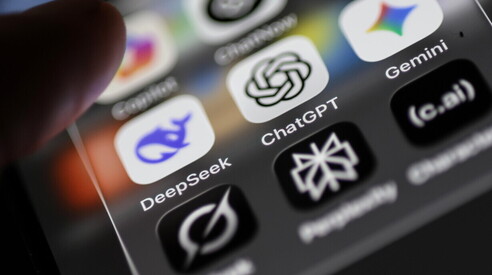The luxury of AI that has made us soft and that we no longer want to give up


Handle
Catalogue of human types in transformation
A year of living with artificial intelligence has changed the way we work, write, and even confide in one another. Here's the new anthropology of the generative era: more efficiency, fewer mental muscles.
On the same topic:
I remember life before, how awful it was. You'd open your inbox and there would be thirty urgent emails demanding explanations, reassurances, comforts, clarifications, clarifications on quotes, discounts. Emails that needed different tones: polite, firm, reassuring, discouraging, bittersweet, or commercial. And so the clerk (me) would start writing up the protocols, unproductive but necessary work, and time would pass, and at a quarter to twelve the Egyptian slave was still there sorting out correspondence. Today, after almost a year—I did the math, and that's the average user period, living with a generative assistant—one of the first bans has been imposed. A bad sign. The ban is a symptom of abuse, it means that everyone has grown to like the butler on their phone. OpenAI has just updated its ChatGPT usage policy: it's now prohibited to use the system for medical, legal, or professionally licensed advice.
If that were the problem. Advice asked of an inexperienced person, probably wrong. You'll understand. I sometimes feel weak, that's the self-diagnosis. The truth is, I don't want to write summaries and reports anymore. I insist on outsourcing useless things for the rest of my life; I can't go back. Like all luxuries, you quickly get used to it. And what about the younger ones? A professor wrote in the New York Times that "our students are becoming subcognitive." The alarm isn't about subtle skills; here, the basis of thinking is being lost, they say. The summary is an allegory of the human condition: if you don't know how to summarize, you don't know how to understand. If you don't understand, you don't choose. If you don't choose, you no longer exist. It's true that we're fed up with technophobic alarms, they retort in another newspaper, The Atlantic. Plato feared writing, and we have Plato thanks to writing. Every technology has laughed in the face of previous skills and generated new powers. Humans and machines beat machines, and the stubborn humans who want to go it alone risk looking like fools pushing rocks by hand, without a wheel. So, no preemptive crying over the decline. The only question is who we will become in the daily use of AI, with its daily convenience.
Minimal anthropologies of the last twelve months. 1. The mechanical adult. He works in a company or some professional firm. He writes reports, brief synoptic opinions, reminder letters, organizational proposals, congratulations on new collaborations, and nonsense with technical frills. Before AI, the poor guy had the bubbles of Marxist alienation. How is it possible to be condemned indefinitely to such mechanical and thankless work? After AI, he's reborn. He feels a new, sparkling sensation, something akin to a train conductor's feeling. Still undefined. The assistant generates, and he has to refine. He feels more efficient (true). Faster (true). More intelligent (illusion, they say). The funniest and most highly metaphorical thing is that the new (fourth?) industrial revolution is solely for his benefit, mine, in short, for the benefit of the lowest in the capitalist chain, the servants of repetition. Our workload is lightened, but companies can't cash in. The only predictable damage is the loss of brain muscle. A 2025 study found a significant negative correlation between frequent use of AI tools and critical thinking skills. The reason is called cognitive offloading (a kind of cognitive offloading to the machine). What a wonderful disease, too bad we can't keep it.
2. The creative adult Calimero of AI. The computer Santa Claus has brought a gift to everyone except him. AI has only one flaw: adherence to standards; it's still unable to make significant aesthetic leaps. For cute sentences and solid concepts, old-fashioned, non-synthetic neurons are needed. In short, it's destiny: the artist has to suffer. 3. Sixteen-year-olds. Here the issue is political. We read everywhere about possible cognitive atrophy, but there's no point in breaking the alarm clock: those born digital don't realize they breathe digital. For a kid, AI isn't a tool, it's the normal course of existence. Will the twenty-year-old of the near future be incapable of arguing? Will only a few very straight-backed Spartans remain, capable of denying themselves comfort and making it without help? Do we leave them alone with self-discipline? 4. The solitary person (who confides in or becomes engaged with AI). What a contemporary figure. Homo melancholicus doesn't want to maximize anything, he just wants attention. Everything is fine with him, as long as he responds: an engagement to a piece of copper and plastic, nights spent confiding in the emergency room about aches and pains, sadness that never fades. Tell me, darling. It's been a tough day, darling. Let's talk a little, so you feel better, darling. A whole epic of you-are-right. We were already going to bed early, so we'll have to go even earlier.
More on these topics:
ilmanifesto





